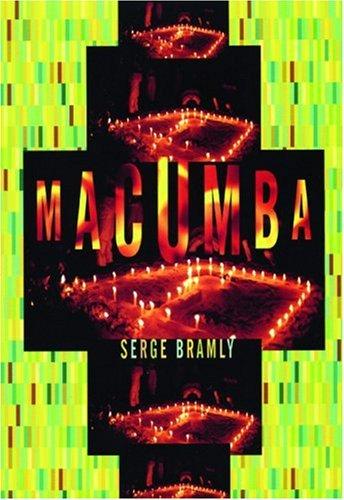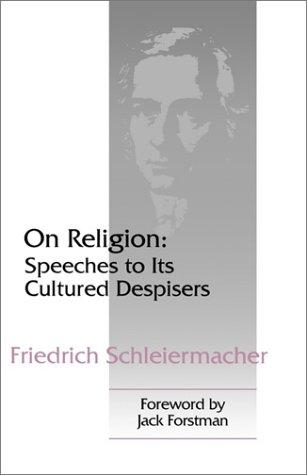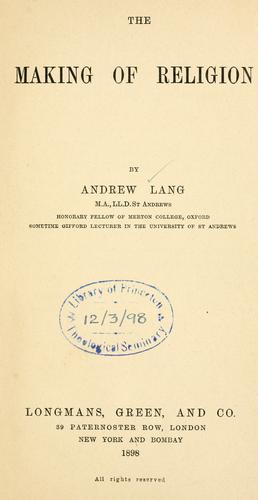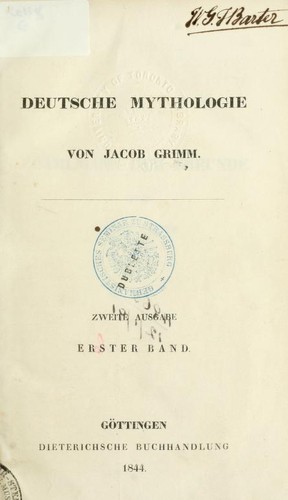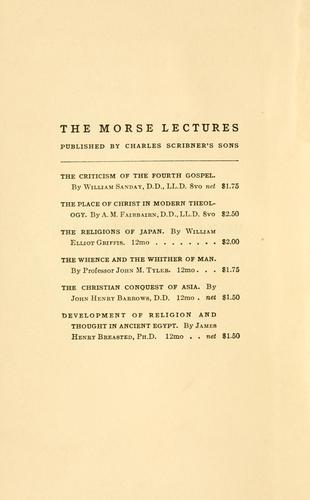
Development of religion and thought in ancient Egypt
by James Henry Breasted
"Contrary to the popular and current impression, the most important body of sacred literature in Egypt is not the Book of the Dead, but a much older literature which we now call the "Pyramid Texts." These texts, preserved in the Fifth and Sixth Dynasty Pyramids at Sakkara, form the oldest body of literature surviving from the ancient world and disclose to us the earliest chapter in the intellectual history of man as preserved to modern times. They are to the study of Egyptian language and civilization what the Vedas have been in the study of early East Indian and Aryan culture. Discovered in 1880-81, they were published by Maspero in a pioneer edition which will always remain a great achievement and a landmark in the history of Egyptology. The fact that progress has been made in the publication of such epigraphic work is no reflection upon the devoted labors of the distinguished first editor of the Pyramid Texts ... It was therefore with peculiar pleasure that just after the appearance of Sethe's edition of the Pyramid Texts I received President Francis Brown's very cordial invitation to deliver the Morse Lectures at Union Theological Seminary on some subject in Egyptian life and civilization. While it was obviously desirable at this juncture to choose a subject which would involve some account of the Pyramid Texts, it was equally desirable to assign them their proper place in the development of Egyptian civilization. This latter desideratum led to a rather more ambitious subject than the time available before the delivery of the lectures would permit to treat exhaustively, viz., to trace the development of Egyptian religion in its relation to life and thought."--Preface (p. xiii-xiv).
